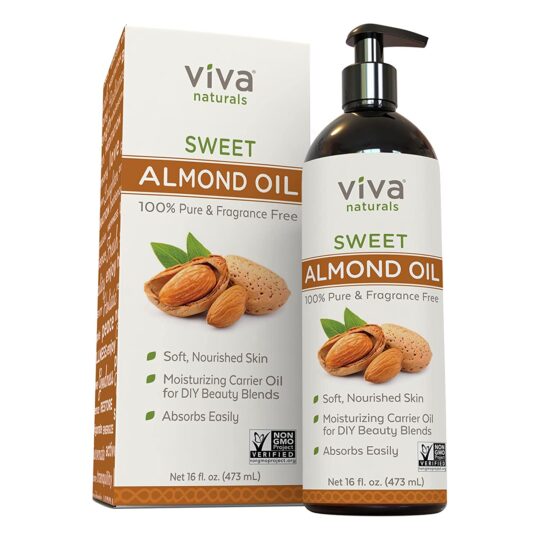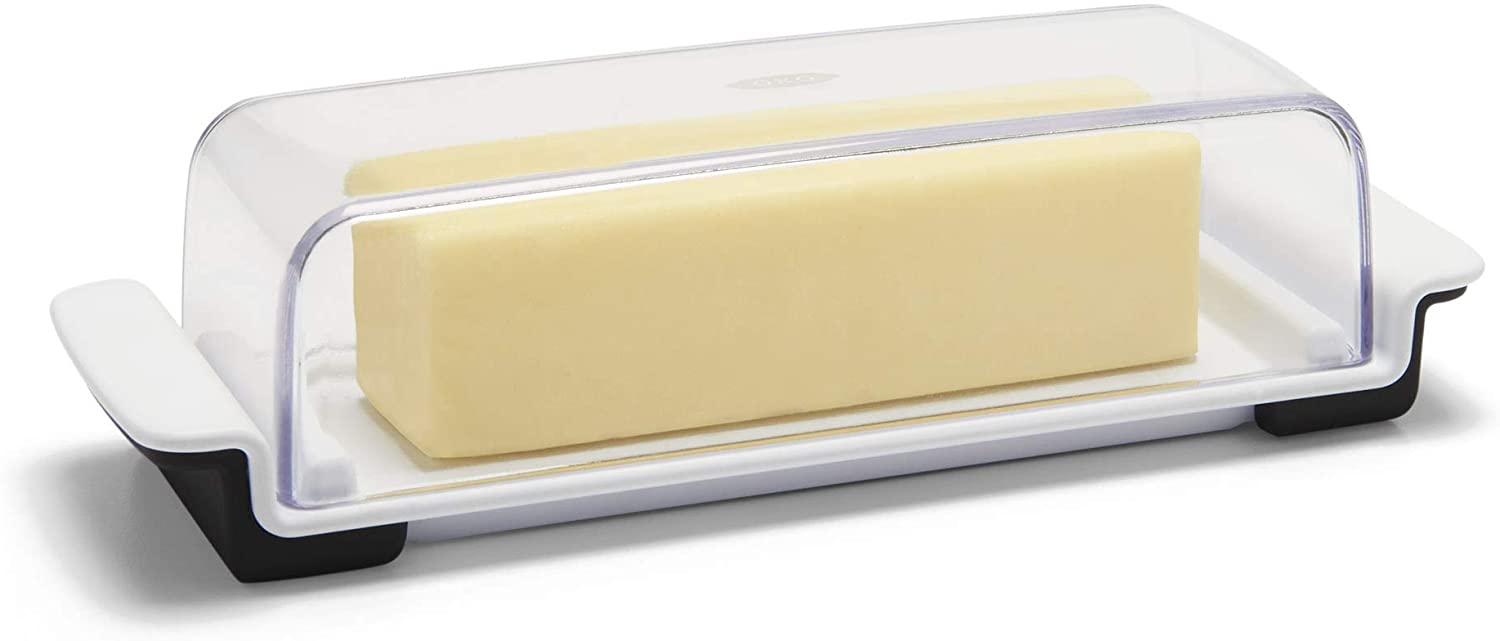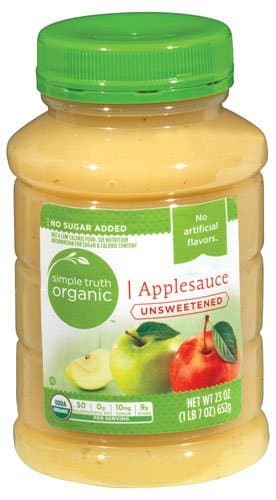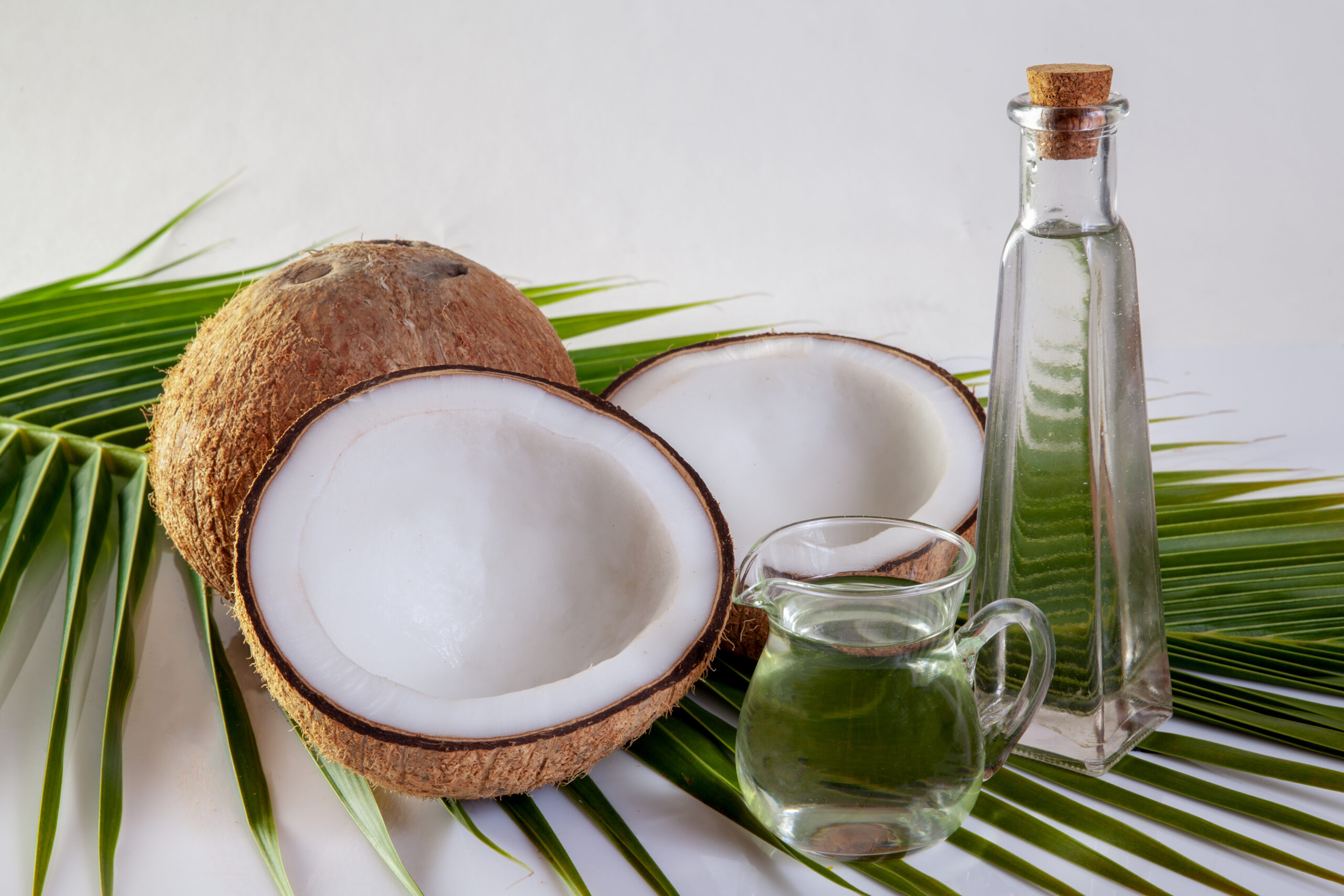Updated on April 9th, 2023
Many have moved to seek healthier oil alternatives for their cooking, and coconut oil has played a primary role in such needs. Since its discovery as a nutrient-dense oil-based product, it has been commonly used for cooking, baking, and other culinary needs. And its distinct flavor further adds character to your dish, making it one of the most favored ingredients worldwide. But even the most sought-after ingredients may become unavailable for different reasons.
Here, you’ll find out what makes coconut oil so special and why you should invest in it. You’ll also discover how to replace it and what each substitute contributes to replicating its special properties. You’ll even note that some of the superiority substitutes may fare better than the original thing in certain cases. Either way, you can always retain your dish’s integrity, whether or not coconut oil is available.
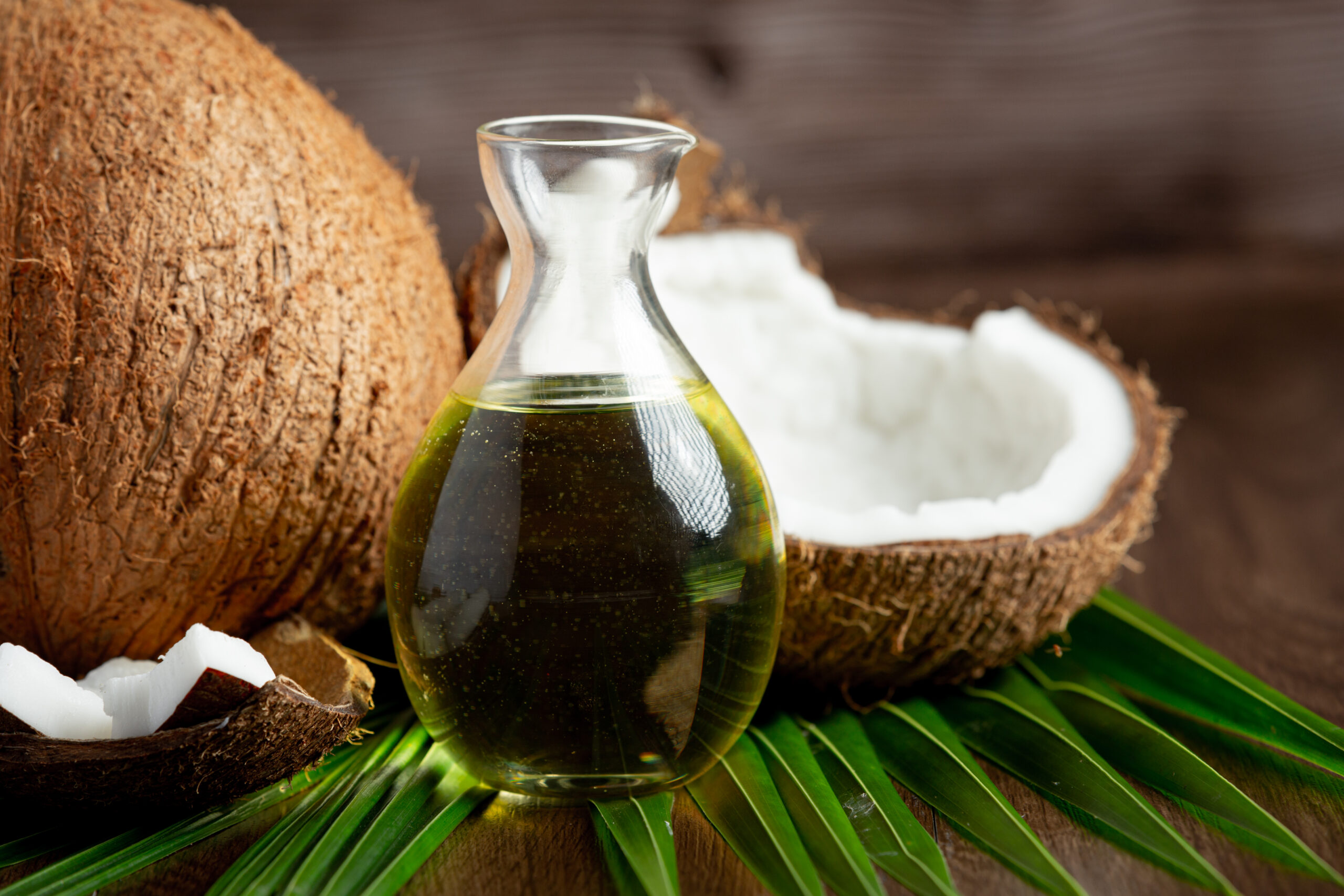
Coconut Oil Nutrition Facts
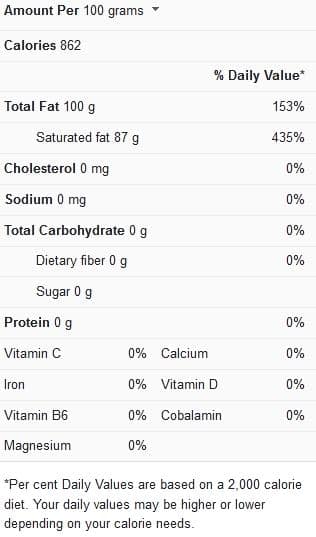
What is Coconut Oil?
The first thing to note is that coconut oil, also known as coconut butter, is extracted from coconut fruit. This oil can be derived primarily from meat, but the milk is also converted to produce it in some cases. And the oil is extracted in several different ways, resulting in two varieties of the product being made; refined and unrefined.
Refined coconut oil is made from processed, which deprives most of its flavor and quality. Such types are manufactured en masse to be sold cheaper and faster. But the highest quality coconut oil is the unrefined type, also referred to as virgin coconut oil. These types are made from fresher, younger fruits and free of extreme processing, retaining the flavor, aroma, and nutritional benefits.
Both types of coconut oil solidify at room temperature, so the ingredient can also be called coconut butter. It can be cut and melted in this form, meaning you can use it flexibly as regular butter.
What Makes Coconut Oil Special?
Coconut oil offers tons of uses for both regular and vegan diets. It’s an excellent oil for frying and holds well at high temperatures, and it also offers its significantly sweet and nutty to lots of recipes. But perhaps the essential benefit of coconut oil comes from its makeup.
The ingredient is rich in healthy fats, perfect for keto and paleo diets. Plus, it helps boost good HDL cholesterol, reduce heart disease risk and offer antimicrobial and anti-inflammatory properties. It’s also packed with energy and antioxidants and can be added to diets that promote weight loss. Plus, it’s a tasty ingredient that works well on fried, roasted, braised, and even baked recipes of many kinds.
To emphasize how versatile coconut oil can be, here are a few dishes it’s used;
- Soups
- Stews
- Tarts
- Cakes
- Cookies
- Pies and pie crusts
- Granola
- Crunchies
- Bread
- Blistered green beans
- Roasted vegetables
- Snowballs
- Popcorn
- Waffles and pancakes
- Fried chicken
- Wilted greens
- Curries
- Chutneys
- Noodles
- Pilaf
- Vegan ice cream
- Muffins
- Cupcakes
- Cornbread
- Mashed potatoes
- Vegan gravy
- Breaded vegetables
- Crumbles
- Oatmeal
- Mousse bites
Substitutes for Coconut Oil
Running out of coconut oil isn’t the only reason you need a substitute. You could also be allergic to the fruit or are bothered about the strong coconut taste, and you could also be worried about its high-fat content and live on a diet that frowns at such. The following replacements can help you recreate similar results as expected from coconut oil in any of these situations.
Avocado Oil
One main characteristic that makes coconut oil stand out is it’s a great source of healthy fat. And another option that easily replicates this factor is avocado oil. Its mild, grassy taste is somewhat different from the sweet, nutty flavor of coconut oil. But it makes up for it by being more neutral and buttery, making it ideal for many situations.
Avocado oil is also rich in compounds that reduce inflammation and has a high smoking point. As such, it’s a great equal substitute for coconut oil in grilled meals, sautéed dishes, fried foods, curries, soups, and salads.
Almond Oil
If you wish to cut back on the high-fat content of coconut oil, then your next best choice would be almond oil. This substitute is low in saturated fat but rich in monounsaturated fats and helps improve cardiovascular health. It also has a nutty taste that blends with other flavors, ideal for cooking and baking.
Almond oil also boasts a high smoke point, making it excellent for pan-frying. And it’s packed with vitamin E, containing up to 5mg per tablespoon (which is 26% of an adult’s daily need). You can use equal amounts to replace coconut oil in baked goods like cakes, muffins, cupcakes, cookies, and pies.
Butter
Butter is the ultimate cheat option for times when you’ve run out of coconut oil. Minus the flavor and aroma, both are almost hard to tell apart at room temperature. Plus, butter behaves the same as coconut oil, especially in baking recipes. Its higher-fat content adds richness and fullness to the finished goods, and it easily melts when exposed to heat.
But butter may not be suitable for vegans unless you opt for the vegan alternative. You’ll also want to stick to unsalted butter as a coconut oil substitute. And it may not work for those with a dairy intolerance or looking to cut down their fat consumption. Regardless, you can use it in equal amounts for all baked recipes.
Grapeseed Oil
Another low-fat suggestion to replace coconut oil is grapeseed oil. This popular cooking oil is low in saturated fats but high in polyunsaturated fats like omega-6 and omega-9 fatty acids. It’s also neutral-tasting oil, making it versatile and applicable to a wide range of cooking needs. But grapeseed oil excels in salad dressings, and its high smoke point also makes it fantastic in fried and sautéed dishes. It’s also great for replacing coconut oil with mayonnaise.
You can add it in equal amounts to coconut oil. And unless you crave the nutty taste of the original ingredient, you’d hardly notice the difference.
Applesauce and Oil
Surprisingly, applesauce can be used in place of coconut oil, and the reason is the same as why it’s used as a butter substitute. Applesauce is a healthier option for baking, as it contains less fat and comes with lots of moisture. It also works best when the unsweetened variety is used, as this gives your recipe the best nutritional supplication without zero artificial additives.
But applesauce has more moisture than coconut oil, so baked goods may come out spongy. It should be mixed with another oil substitute to replicate the fat content to prevent such. If you don’t mind the flavor, you can choose from avocado oil to grapeseed or even olive oil. And a recommended measurement would be half cup applesauce plus half cup oil to get one cup coconut oil substitute.
Frequently Asked Questions (FAQs)
Can I substitute vegetable oil for coconut oil?
Yes, you can do so in most cases. Vegetable oil isn’t as rich as coconut oil, but it still works in most situations. You can use it equally as a fat source in baking, and the neutral flavor won’t affect your finished goods. You can also use it for frying, sautéing, and other cooking methods without worry, as it has a high smoking point.
Can you swap olive oil for coconut oil for baking?
The answer depends on the reason for using coconut oil. If it’s to add a healthy fat alternative to your baked goods, then yes. And in such a case, extra-virgin olive oil works best as it’s the healthiest. But if it’s for the added coconut flavor, then olive oil won’t work.
What’s a low-fat substitute for coconut oil?
Almond, grapeseed, and hazelnut oil are great low-fat alternatives to coconut oil. Applesauce is also another option, and it comes in handy when you seek a zero-oil substitute.
Conclusion
Coconut oil has gained huge recognition in the culinary world, but it can’t always be dependent on everyday use. However, certain conditions or circumstances may prompt you to scratch it off the menu, and when such occurs, you’d need a backup plan. These substitutes can work as your reliable option B, and once mastered, you could even bump them up to primary ingredient status.


